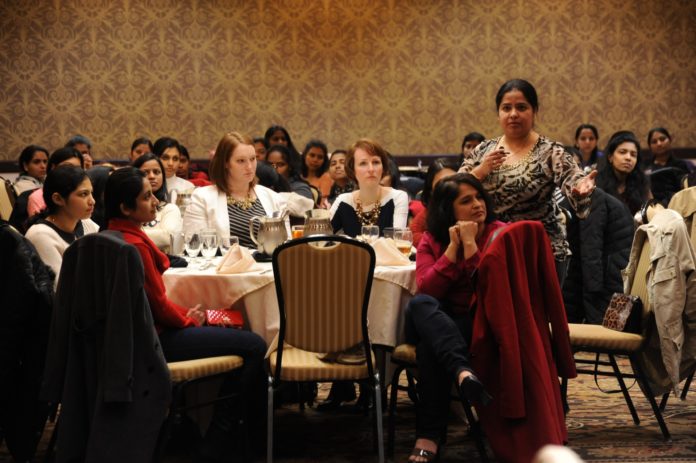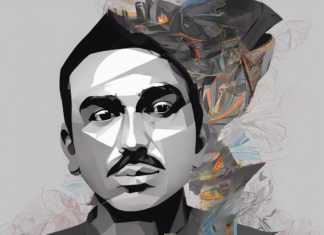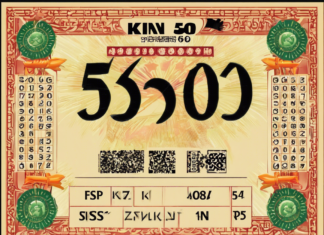The Supreme Court of India is the highest appellate court with the power of judicial review, according to the Constitution of India. It is the largest and oldest constitutional court in India. When the constitutional issue is determined by the Supreme Court, the judgment is almost final; judgments of the Supreme court can only be reversed by the seldom-used constitutional amendment process or by a new Court ruling. Nevertheless, additional policy steps may be taken if the Court interprets a law. In India, an executive review petition can investigate a binding decision of the Supreme Court/High Court. The parties complained of any apparent mistake by the Supreme Court that submits a review request.
So in this article of Vakilsearch we will let you know about the Supreme court, amendments in constitution and major decisions of the Supreme court.
Supreme Court
Powers of Supreme Court
Amendment of Constitution
Recent Supreme Court Landmark Decisions
President Power on Supreme Court
Supreme Court
The Supreme Court of India is the supreme legislative forum and final court of appeal under the Constitution of India. It has the highest power of the constitutional court, with constitutional review powers. It originated on the Republic day when our Constitution existed on 26 January 1950. It is located in Tilak Marg, New Delhi. The Supreme Court shall be composed of the Chief Justice and maximum of 34 other Judges that are appointed by the President of India.
The jurisdiction of the Supreme Court of India can generally be categorized as
- An original jurisdiction
- Appellate jurisdiction
- Advisory jurisdiction
There are, however, numerous powers of the Supreme Court are held that are stated in the next paragraphs.
Powers of Supreme Court
- Power to punish for contempt (civil or criminal) of a court with simple imprisonment for 6 months or a fine of up to 2000. Civil means a wishful infringement of the rules and criminal contempt means any act which undermines the jurisdiction of the court or causes interference in judicial proceedings.
- Have the authority regarding the election of President and Vice President of India.
- The Supreme Court is a court of record as its decisions are of significant value and can not be challenged by any court of law like the high court or district court.
- If the Chief Justice is absent, the President may appoint a judge of the court to perform the duties of the office.
- The Supreme Court may appoint retired judges of the Supreme Court or High Court with the consent of the President and the person to be appointed.
- Remove and dispose of cases pending before high courts.
- Investigate the constitutionality of legislative enactments and executive orders.
- Inquiring authority on the conduct and conduct of members of the UPSC.
Amendment of Constitution
Changing the constitution of India is the process of making amendments to the fundamental law of the nation or to the supreme law of the nation. The procedure for amending the Constitution is done under article 368 of the Constitution of India.
The amendment of the Constitution can only be started by the introduction of a bill in the House of Parliament; it can be Lok Sabha or Rajya Sabha. The bill must then be embraced by a majority of the members of that House and by a majority of not less than two-thirds of the members of that House present and voting. The bill, adopted by a majority, is then presented to the President who will pass the bill.
The Constitution formulates every constitutional amendment as a law. The first amendment is the “Constitution Act (First Amendment),” the second amendment is the “Constitution Act (Second Amendment)” and so forth. Normally, everyone has the long title of ‘An Act to amend India’s Constitution.’
Recent Supreme Court Landmark Decisions
- On 9 November 2019, the Supreme Court of India announced the final judgment in the Ayodhya dispute. The Indian Supreme Court ordered that the disputed land (2.77 acres) be turned over to trust (to be established by the Indian Government) to establish the temple of Ram Janmabhoomi (lauded as the birthplace of Hindu deity, Ram). The court also directed the government to give the Sunni Waqf Board an alternate 5 acres of land for the purpose of building a mosque in another location.
- The Supreme Court passed a landmark judgment on the practice of talaq-e-biddat or instant triple talaq, finding it ‘manifestly arbitrary’ and contradictory to Islam’s fundamental principles.’
- In the northern part of the Indian subcontinent, Jammu and Kashmir, who were ruled by India in 1954 as the State, were granted special status under Article 370 of the Indian Constitution. On 5 August 2019, India’s government released a constitutional order that superseded the 1954 order and made all provisions of the Indian constitution applicable to Jammu and Kashmir on the basis of a 2/3 majority resolution passed in both houses of India’s parliament. Following the resolutions passed in both parliamentary houses, on 6 August 2019, he issued a further order declaring all the clauses of Article 370 to be inoperative, except for clause 1.
President Power on Supreme Court
Article 143 of the Constitution governs the consultative authority of the Court exercised by Presidential References. Article 143 of the India Constitution authorizes the President to refer any matter of law or fact to the Supreme Court. In connection with issues arising and likely to arise, the Court may seek its opinion. In matters of public importance and where it is appropriate to obtain the opinion of the Supreme Court, a presidential reference may be made.








